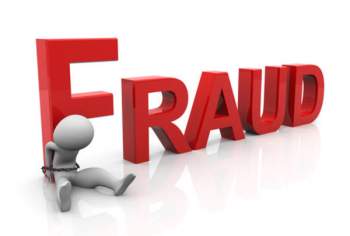
Health Care Health Insurance Fraud

Health care and health insurance fraud vary in the types of schemes and plans employed. Such setups include: individuals obtaining fully-paid or subsidized prescriptions, receiving those medications, and selling them illegally to make profits, individuals billing practitioners when they never used their care, altering descriptions or dates and lengths of visits and billing a service that isn't covered by insurance, among many others. Providing false information when applying for health care or health services, forging prescription drugs and reselling them for profit, and loaning people or using others' health insurance cards all are violations and examples of health care fraud or health insurance fraud. When health care fraud or health insurance fraud is committed, companies pass along monies lost through charges to their users. The customers then have to pay more for prescriptions and visits to doctors. Statistics now show that 10 cents of every dollar spent on health care goes to paying off the fees from the apparently vast amounts of fraudulent activities in health care and health insurance claims.
Health care insurance companies have 30 days to pay a legitimate claim, as current congressional legislation states. The FBI, U.S. Postal Service and the Office of the Inspector General are responsible for the investigations of health care fraud and health insurance fraud. These agencies rarely have enough time to conduct a full investigation in those 30 days to be able to prevent and protect against fraudulent activities before an insurance company has to pay the claim. Parties indeed found guilty of health care fraud or health insurance fraud, though, depending on their identity, are subject to punishment of incarceration, large fines and possibly the loss of right to practice in the medical field in the future. Violations of health care fraud are not taken lightly and those who commit these crimes will be punished accordingly.
NEXT: Home Repair Fraud At A Glance





















